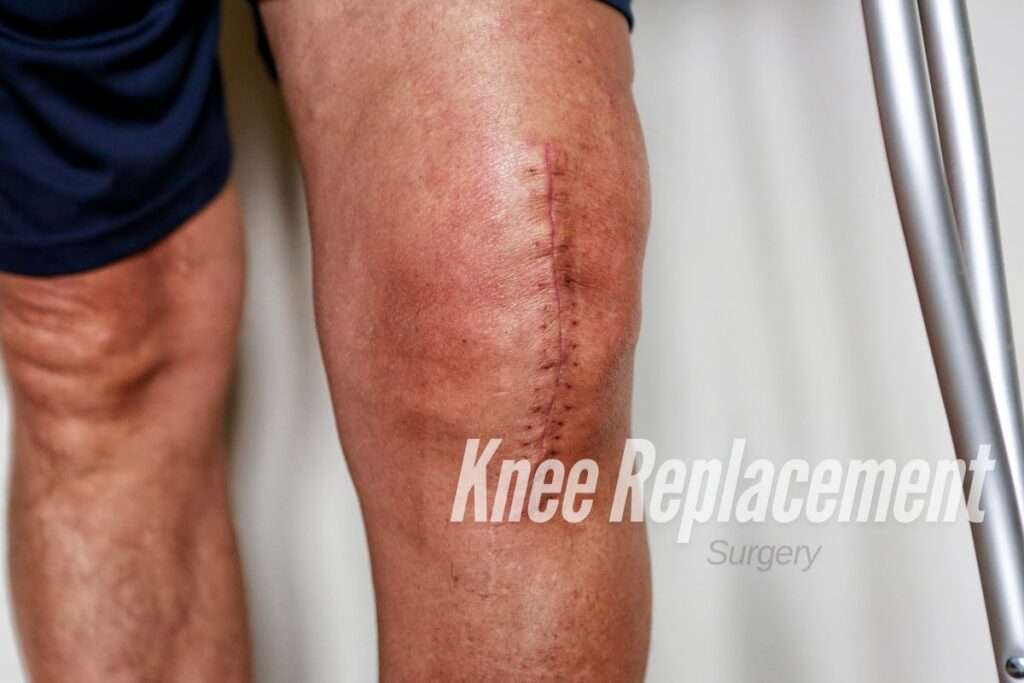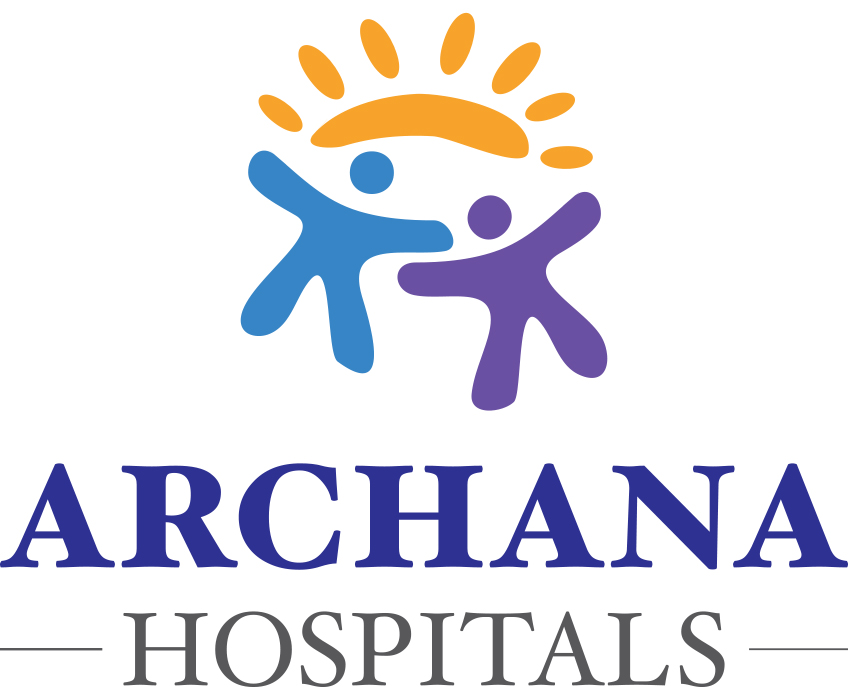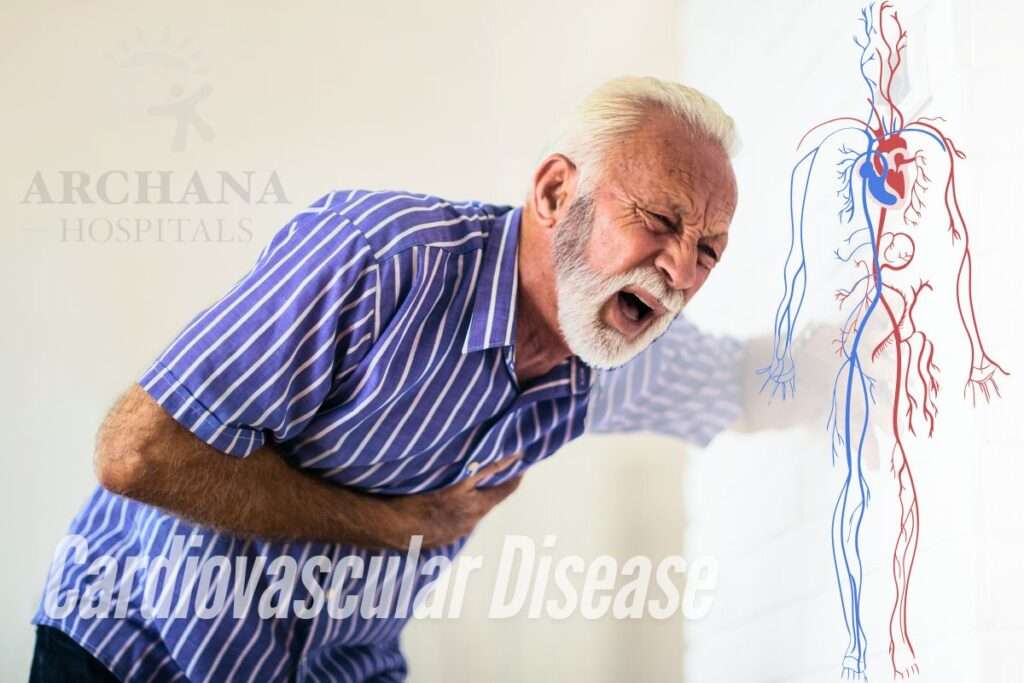Are you or someone you know struggling with knee pain that hinders daily activities? Knee replacement surgery could be the transformative solution you’ve been seeking. At Archana Hospitals in Chandnagar, & Madeenaguda we specialize in restoring mobility and enhancing the quality of life through advanced knee replacement procedures.

Understanding Knee Replacement
Knee replacement, also known as knee arthroplasty, is a surgical procedure aimed at replacing damaged knee joints with artificial ones. It’s typically recommended for individuals suffering from severe knee pain, stiffness, and decreased mobility due to conditions like osteoarthritis, rheumatoid arthritis, or injury.
Why Choose Archana Hospitals for Knee Replacement?
Expertise: Archana Hospitals boasts a team of highly skilled orthopedic surgeons with years of experience in performing successful knee replacement surgeries. Our surgeons stay updated with the latest advancements in orthopedic care to ensure optimal outcomes for our patients.
State-of-the-Art Facilities: Equipped with cutting-edge technology and modern infrastructure, Archana Hospitals provides a conducive environment for comprehensive knee replacement procedures. From pre-operative evaluations to post-operative care, we prioritize patient comfort and safety at every step.
Personalized Care: We understand that every patient is unique, and their healthcare needs vary. That’s why we emphasize personalized care plans tailored to individual requirements. Our compassionate staff is dedicated to guiding patients through the entire treatment journey with empathy and support.
Rehabilitation Services: Successful recovery from knee replacement surgery involves rehabilitation and physical therapy. At Archana Hospitals, we offer specialized rehabilitation programs designed to help patients regain strength, flexibility, and mobility post-surgery. Our multidisciplinary approach ensures holistic care for optimal recovery.
The Knee Replacement Process
Initial Consultation: The journey begins with an initial consultation where our orthopedic specialists assess the patient’s medical history, symptoms, and diagnostic tests to determine the suitability for knee replacement surgery.
Pre-operative Preparation: Before the surgery, patients undergo thorough pre-operative evaluations, including blood tests, imaging scans, and consultations with anesthesiologists. Our team educates patients about the procedure, addresses their concerns, and prepares them mentally and physically for the surgery.
Surgical Procedure: The knee replacement surgery is performed under anesthesia, and the damaged portions of the knee joint are replaced with artificial implants made of metal, plastic, or ceramic. Our surgeons utilize minimally invasive techniques whenever possible to minimize surgical risks and accelerate recovery.
Post-operative Care: Following surgery, patients are closely monitored in the recovery unit before being shifted to their rooms. Our medical team provides diligent post-operative care, including pain management, medication administration, wound care, and physiotherapy sessions to promote early mobilization and prevent complications.
Rehabilitation and Follow-up: Rehabilitation plays a crucial role in optimizing the outcomes of knee replacement surgery. Our rehabilitation specialists work closely with patients to devise customized exercise regimens aimed at strengthening muscles, improving range of motion, and enhancing overall function. Regular follow-up appointments ensure that patients progress smoothly towards recovery milestones.
Experience Life Beyond Knee Pain
Don’t let knee pain limit your lifestyle and independence. Take the first step towards a pain-free future by exploring the advanced knee replacement services at Archana Hospitals, Chandnagar. With our unwavering commitment to excellence and patient-centric approach, we strive to empower individuals to reclaim their mobility and rediscover the joys of an active life. Contact us today to schedule a consultation and embark on your journey towards renewed vitality and well-being.
Conclusion
When it comes to knee and hip replacement surgeries, trauma care, and fracture treatments, Archana Hospitals is the best Orthopaedic hospital in Hyderabad. Our experienced team of specialists, associated with advanced technology and advanced treatment options, ensures that you receive the highest quality care. Whether you’re dealing with an injury or need joint replacement surgery, our complete approach to orthopaedic care is designed to help you recover and regain mobility. Visit Archana Hospitals today in Chandanagar and Madeenaguda for world-class orthopaedic treatments, and take the first step toward a healthier, pain-free life.










